Faculty members wax poetic about the words and phrases that mean the most to them—in any language—and why.
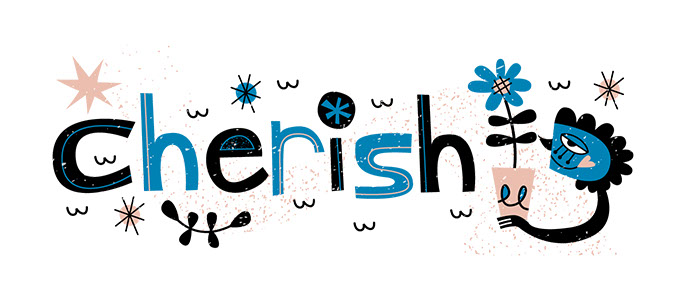
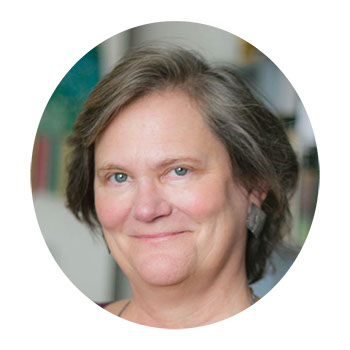
One of my favorite phrases is “I cherish them” from the book The Last Report of the Miracles of Little No Horse by Louise Erdrich. The words are spoken by the protagonist, Father Damien, while talking to another priest about the carnal dreams, thoughts, and adventures of his community. Father Damien (actually a woman who successfully disguises her gender for some 50 or so years) simply loves people as they are, without illusion and without condemnation. That word “cherish”—not forgive, not tolerate—but “cherish” … I love that.
—Wendy Farley, Rice Family Chair of Spirituality, San Francisco Theological Seminary in the Graduate School of Theology
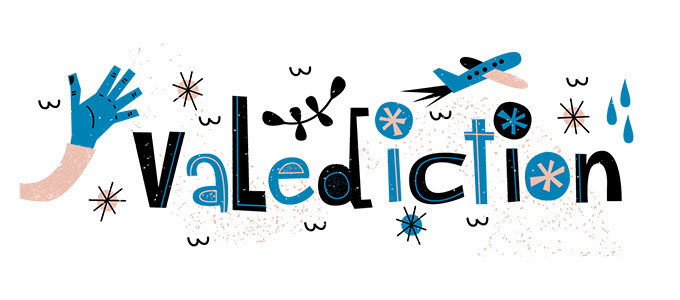

I like the word “valediction” because I enjoy using different words to signify the end of an email, which is a valediction. I also like that word because it’s the name I gave to my geographic information systems (GIS) program’s graduation ceremony. The GIS program is unusual because we have two graduation ceremonies: one in August and one in December. Our students don’t go to commencement ceremonies in April because the program isn’t finished by then, so we came up with the term “valediction” for the time we say goodbye and celebrate each other’s achievements.
—Mark Kumler, professor of geographic information systems, College of Arts and Sciences
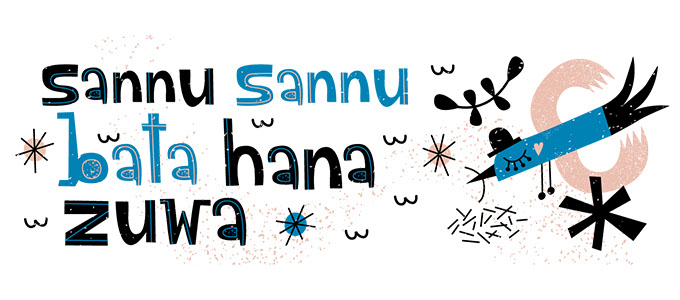
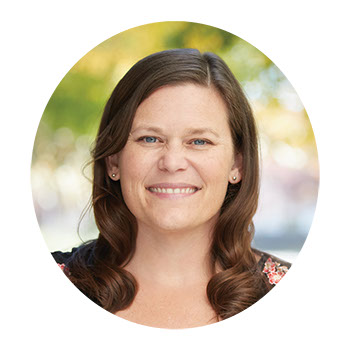
In a world in which productivity and instant results seem to be prized above all else, patience seems almost revolutionary. I have to constantly remind myself that patience is a virtue. I learned my favorite phrase during my time as a Peace Corps volunteer in Niger, West Africa. The phrase “sannu sannu bata hana zuwa” (Hausa) directly translates to “Going slowly does not prevent you from getting there.” When I learned the phrase, my teachers told me it was a proverb meaning, “Slowly, slowly the bird builds its nest.” I’m particularly drawn to the second translation. It reminds me that big change is made of a series of small accomplishments, and that often the process is as important as the change itself. Above all else, it reminds me to have patience, with others and with myself.
—Ann E. Blankenship Knox, professor and program coordinator of the Educational Administration Program, Department of Leadership and Higher Education, School of Education
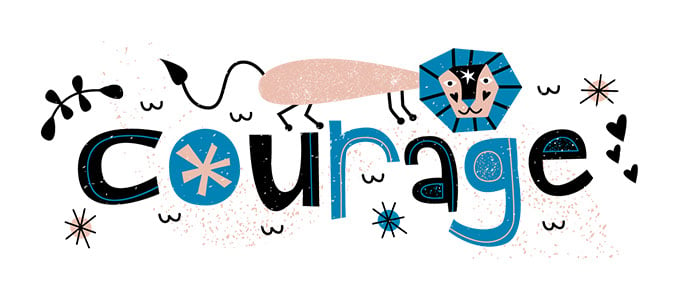
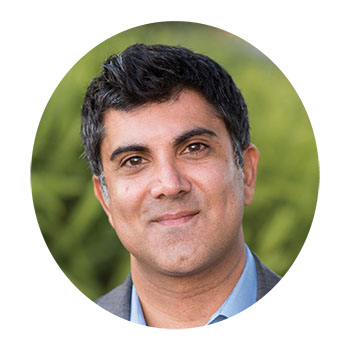
In English we know “courage” means bravery. But in France, where I lived for three years, the word is used in the phrase “bon courage,” meaning “good luck.” This fascinates me: We say “luck”; the French say “bravery.” The other French expression for good luck, “bon chance,” more readily translates, but people rarely say this.
Of course, “courage” derives from the Latin word for heart. We all face situations of fear, suffering, or isolation that demand courage—often quietly, without the world ever knowing. But facing these situations binds us in shared experience. Maybe what we think is good luck is really courage actualized.
—Riaz Tejani, professor of business ethics, School of Business
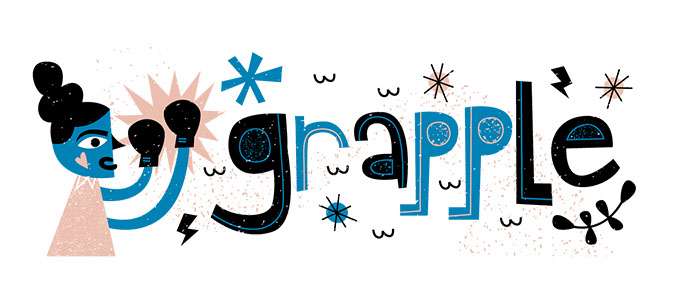
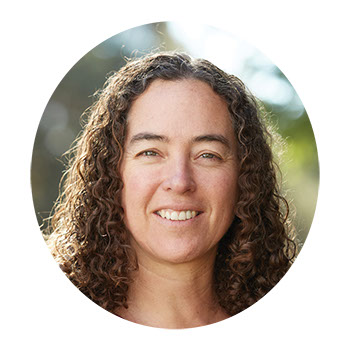
I didn’t realize it for many years, but my favorite word is “grapple.” Students pointed it out to me as my go-to word in feedback on their papers! For me, to grapple with something—an issue, a concept, a theory, a paradox, an uncertainty—is at the heart of learning because it suggests it won’t be easy to grasp. There will be struggle and wrestling involved in understanding the whys and hows of a situation or event. It might even take a while. It might be necessary to return to an idea over and over again, to hold on to it. But the grappling results in success: the overcoming of noise and confusion embedded in the process of figuring something out!
—Kimberley Coles, professor of sociology and anthropology, College of Arts and Sciences






